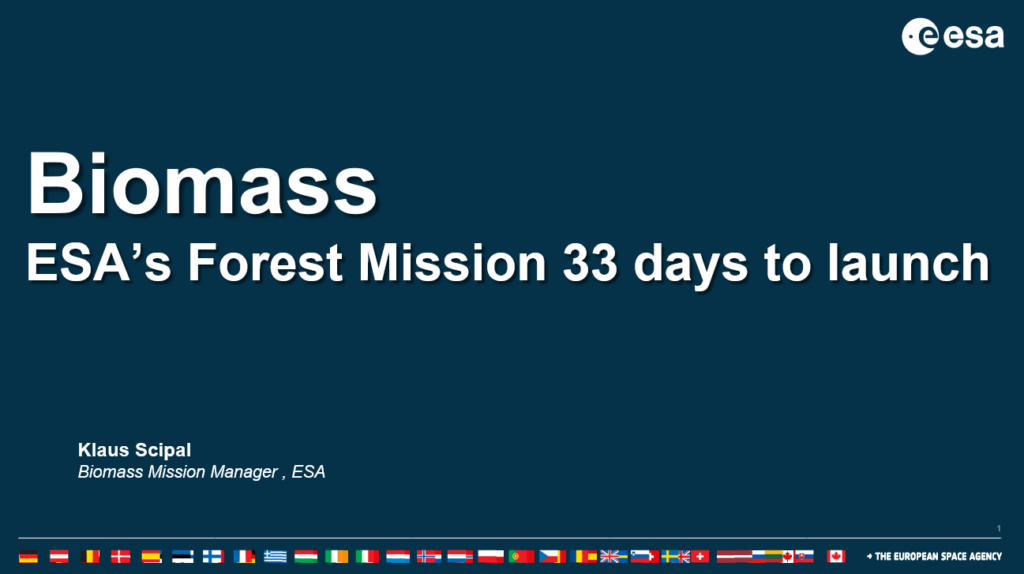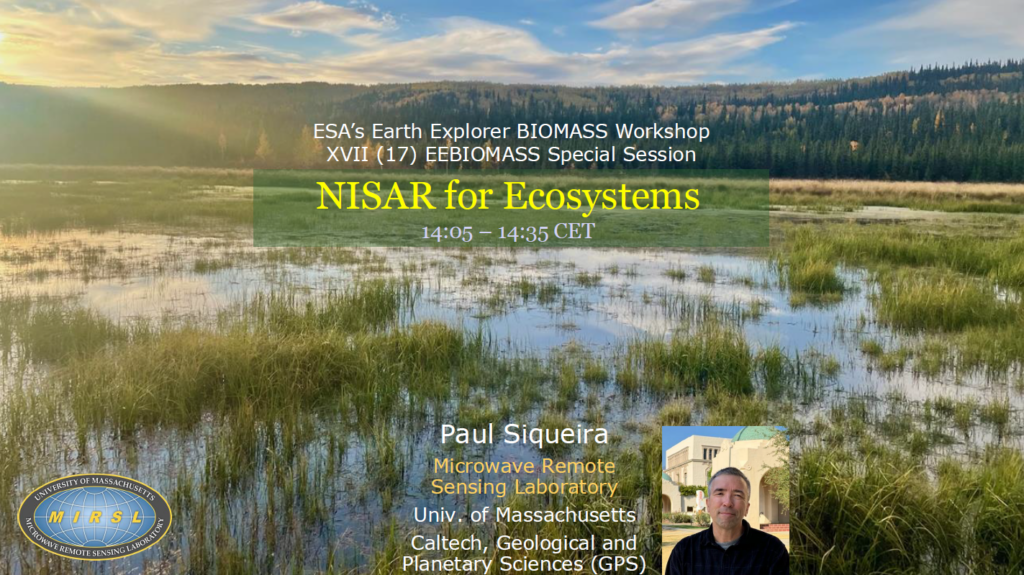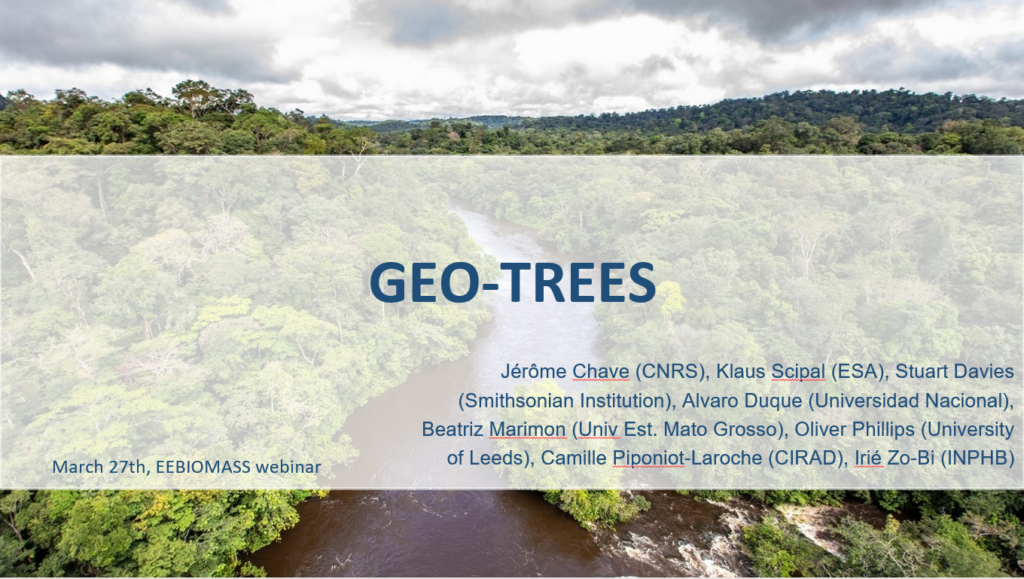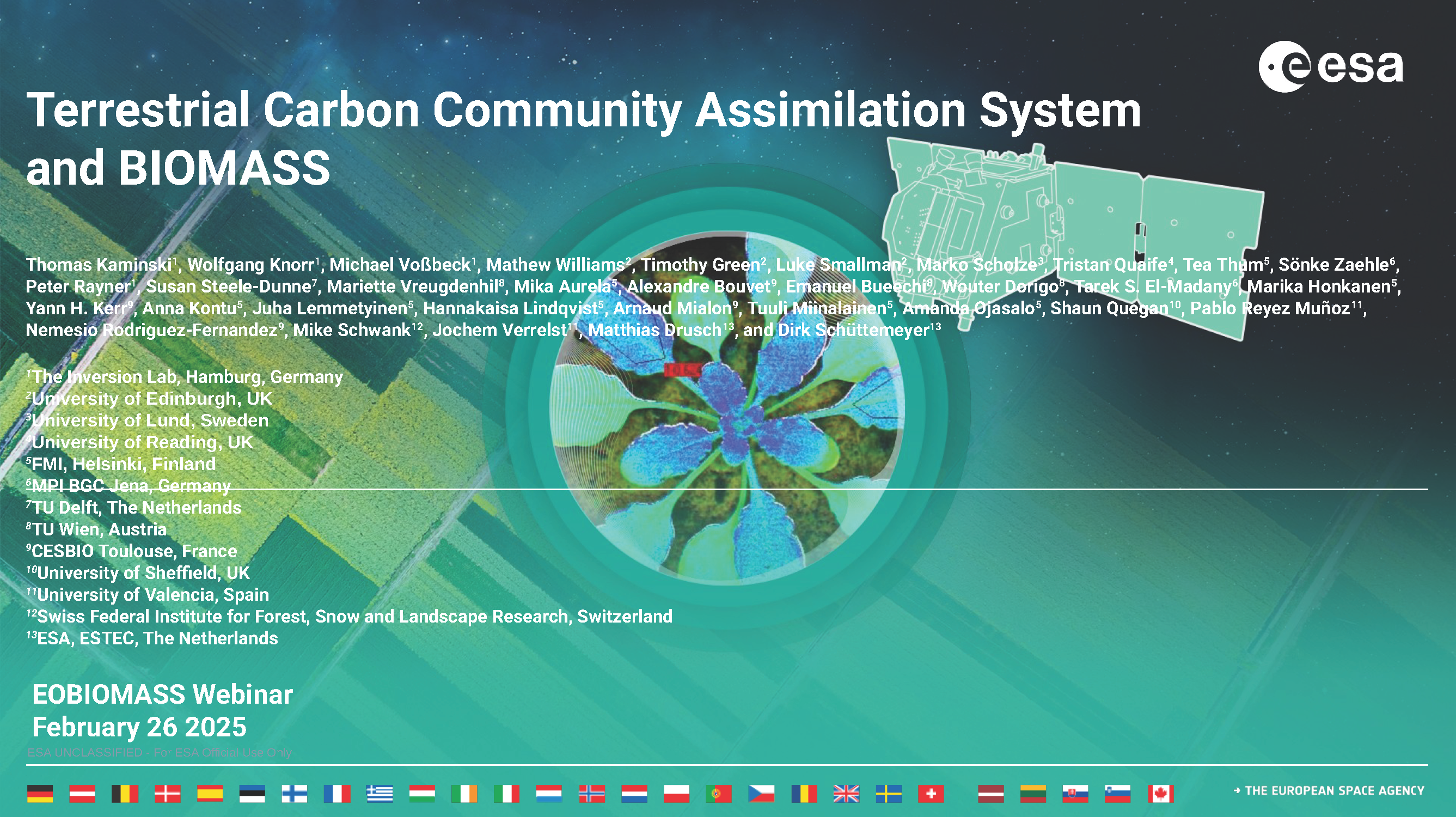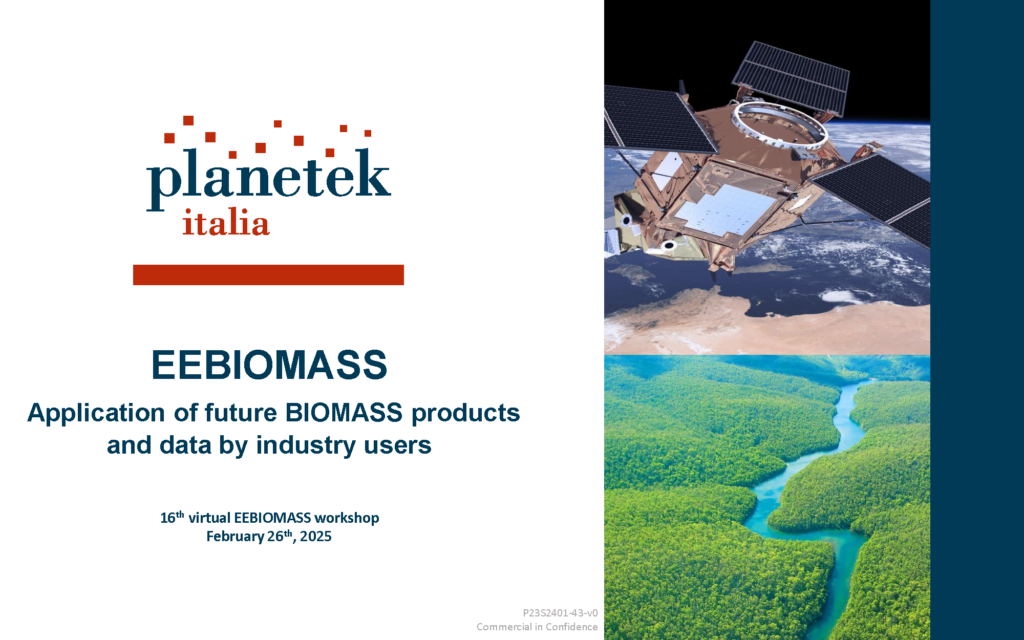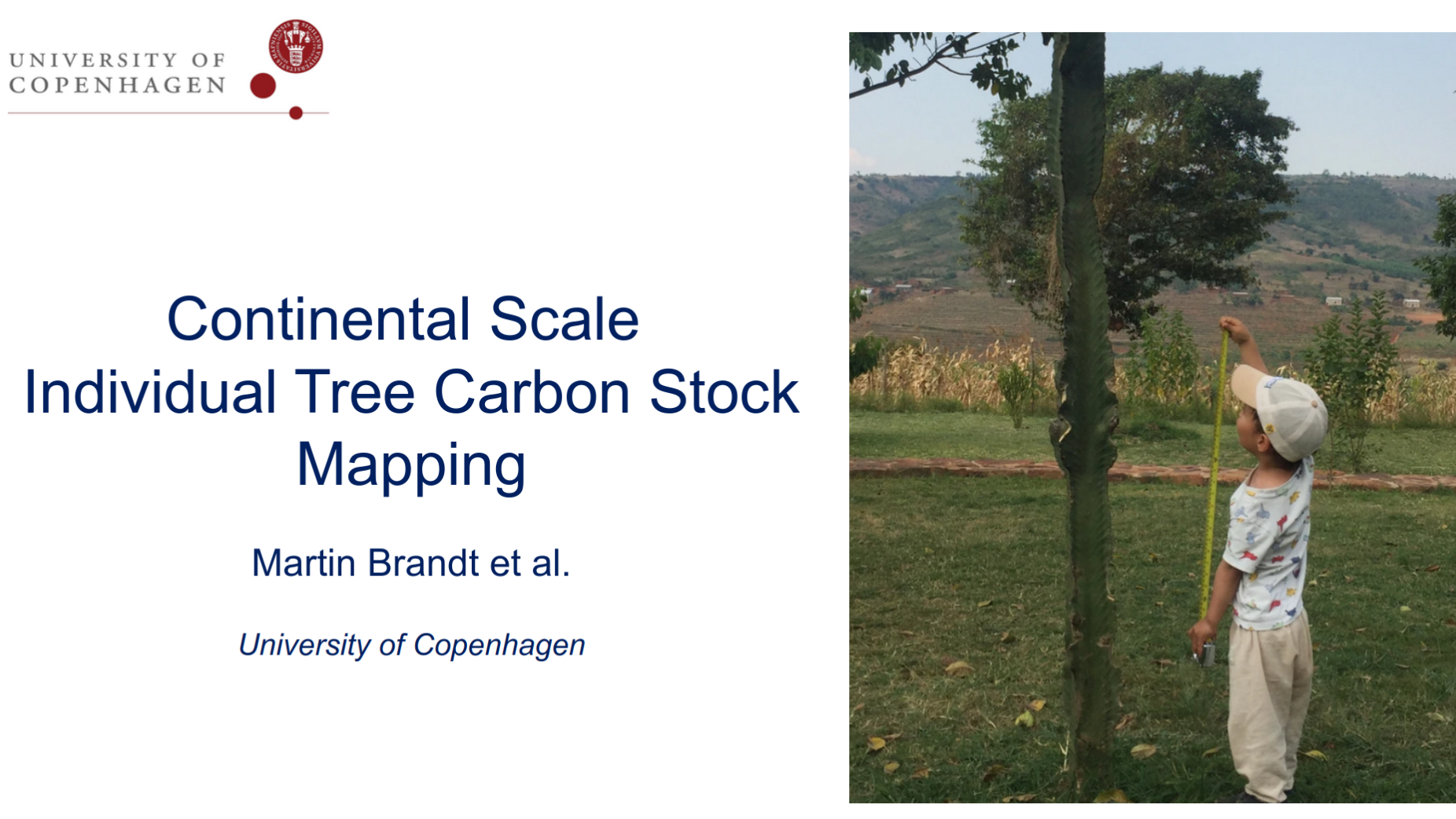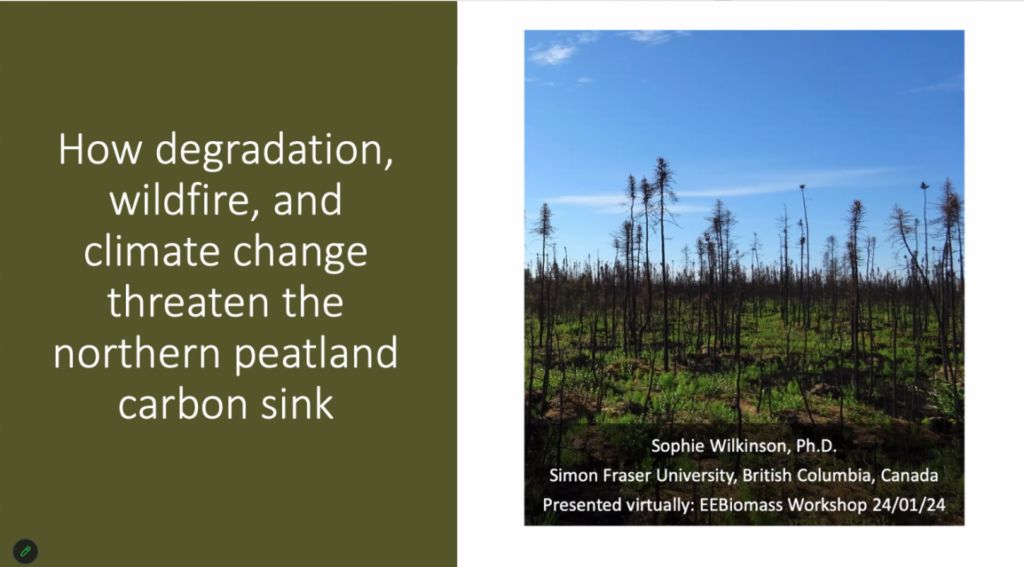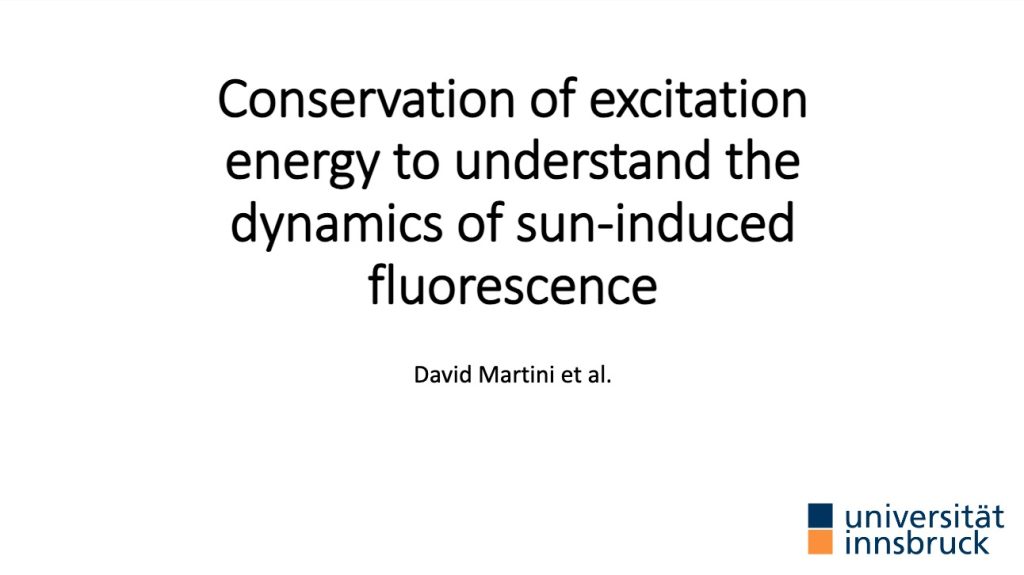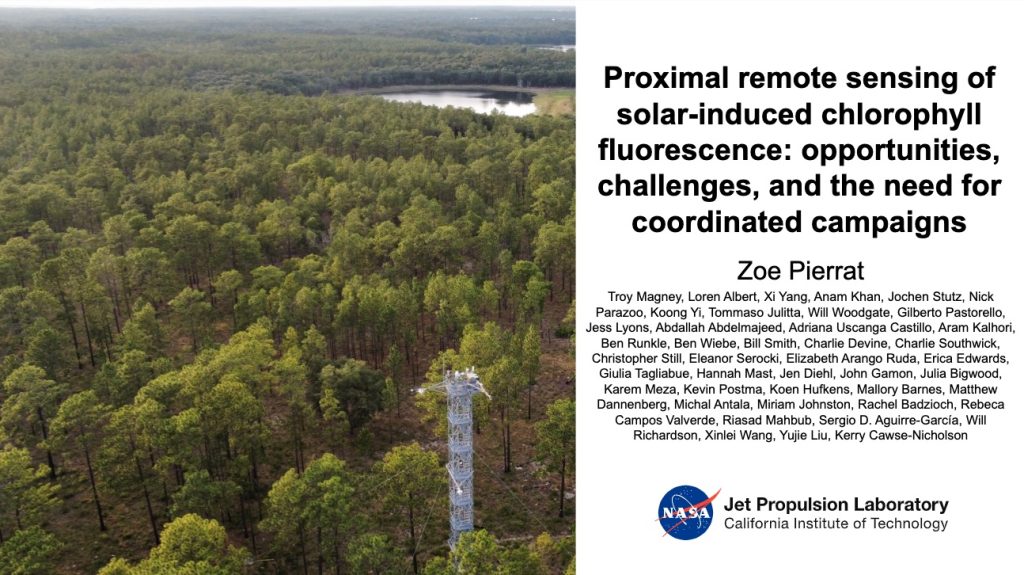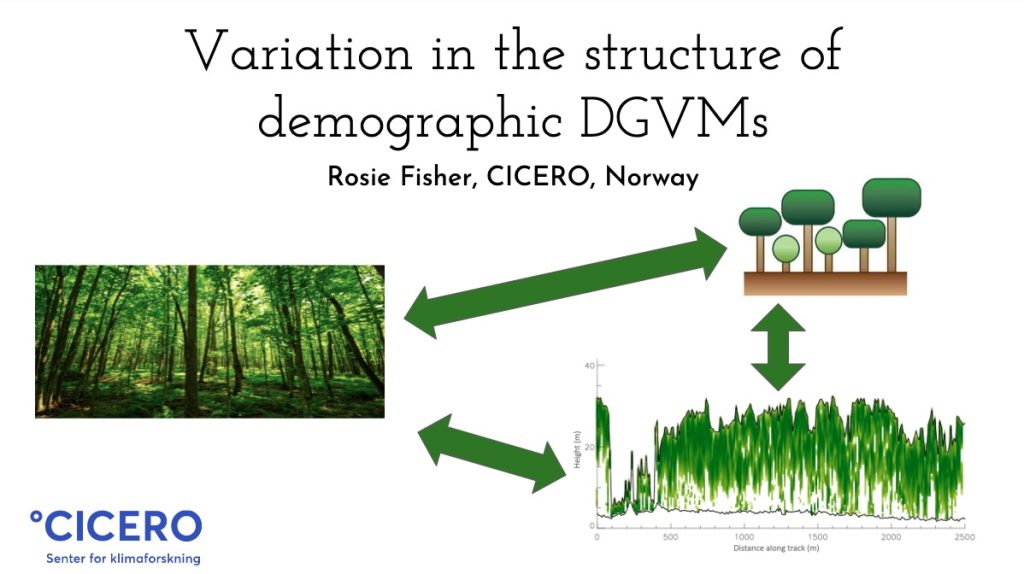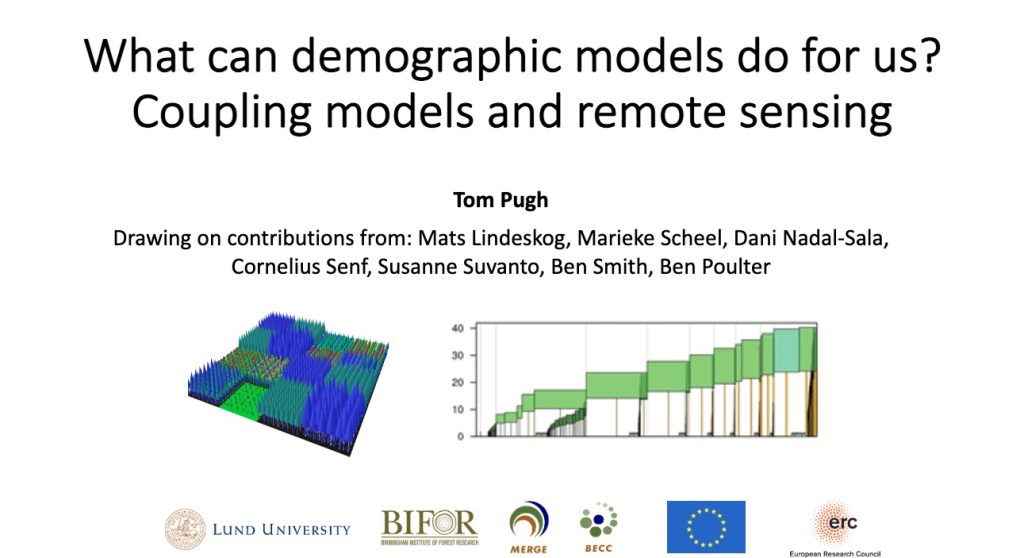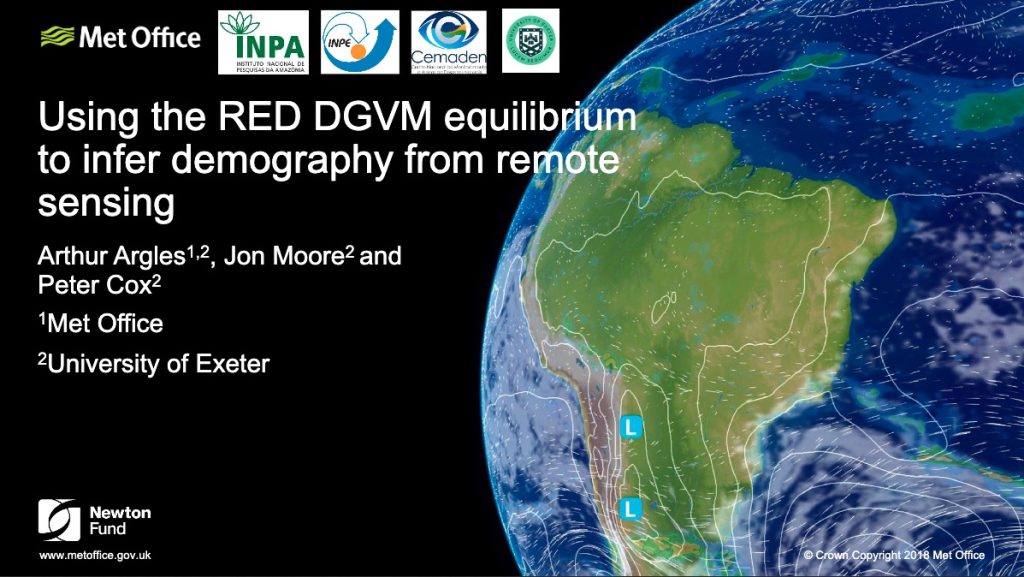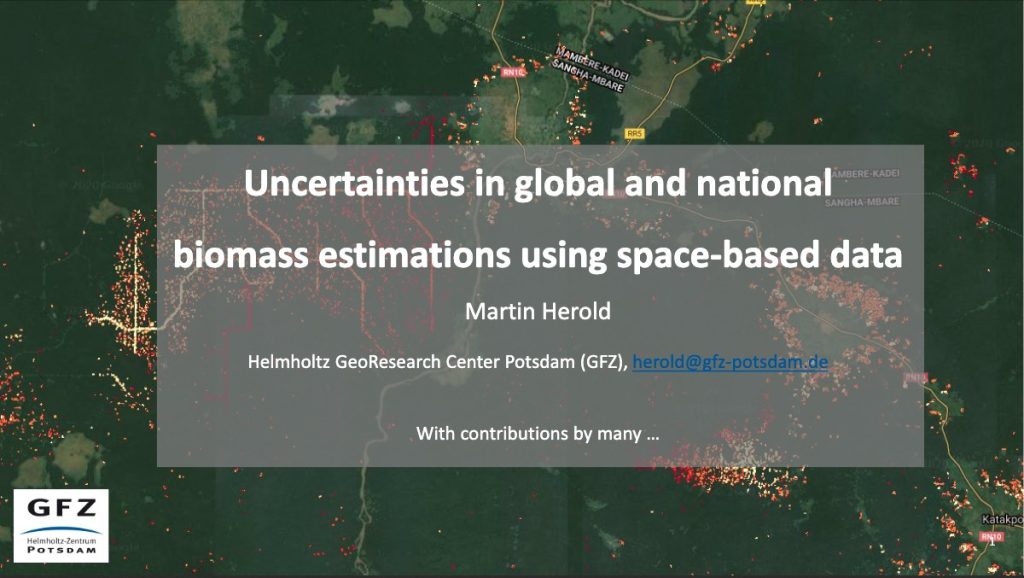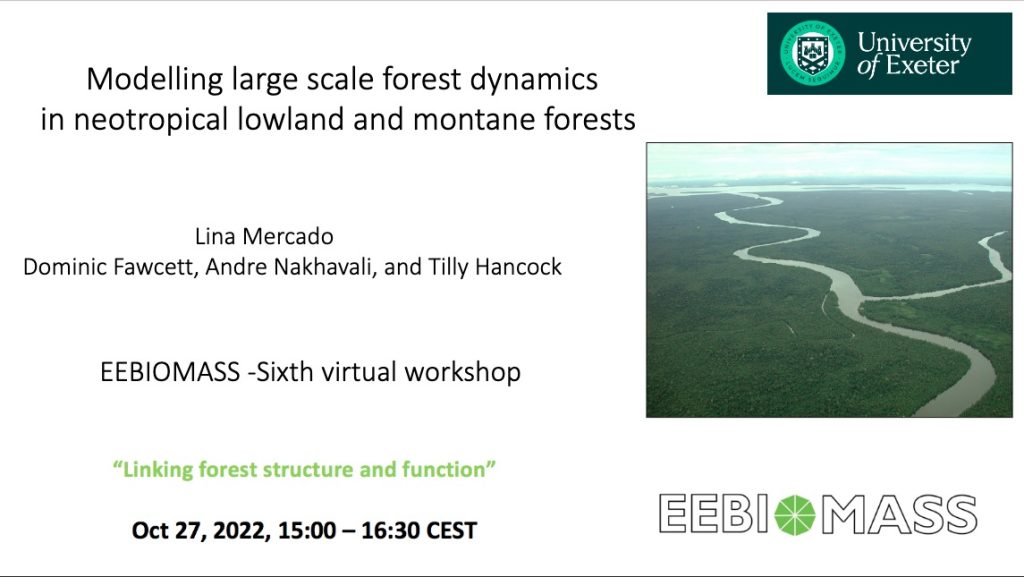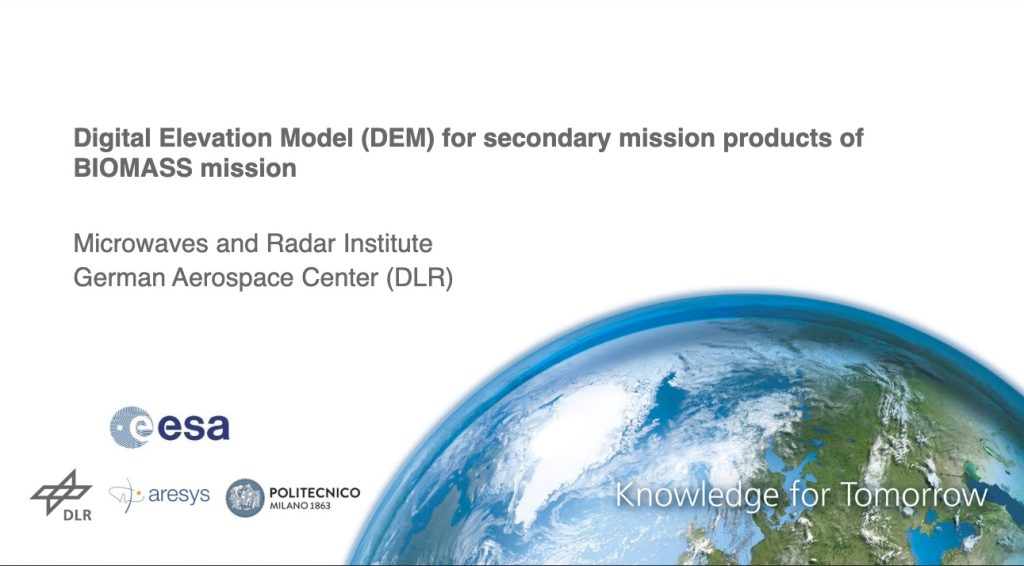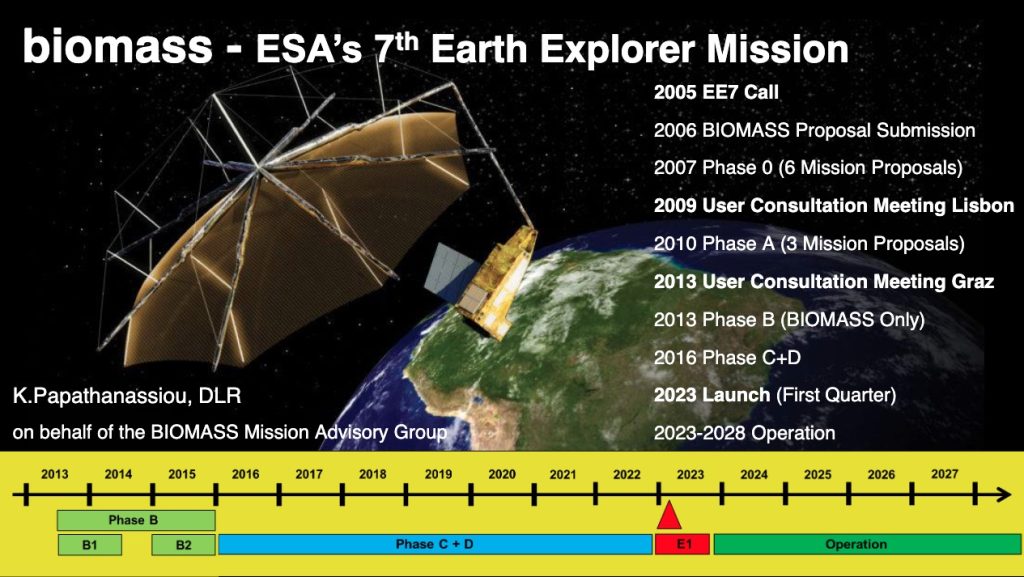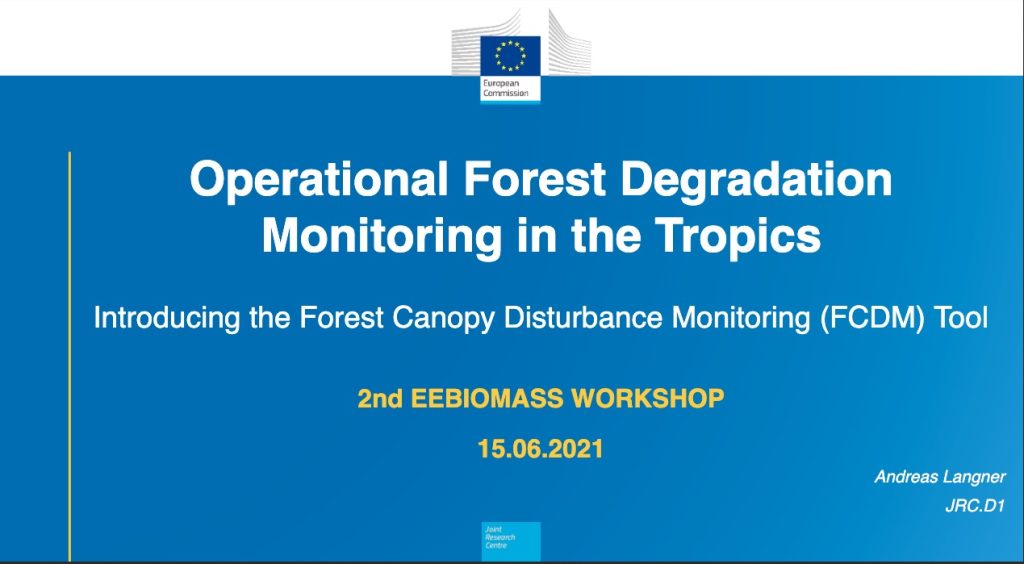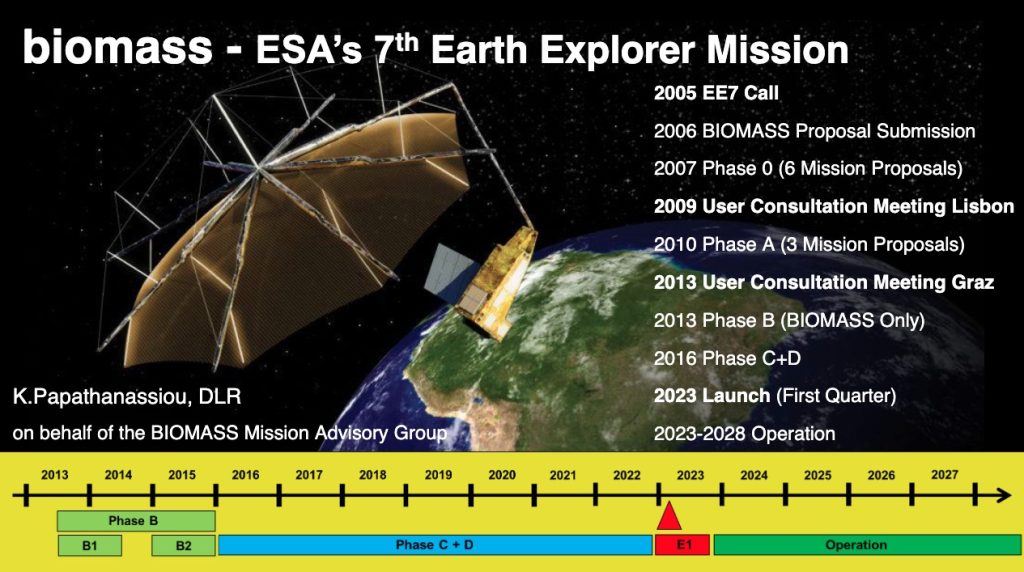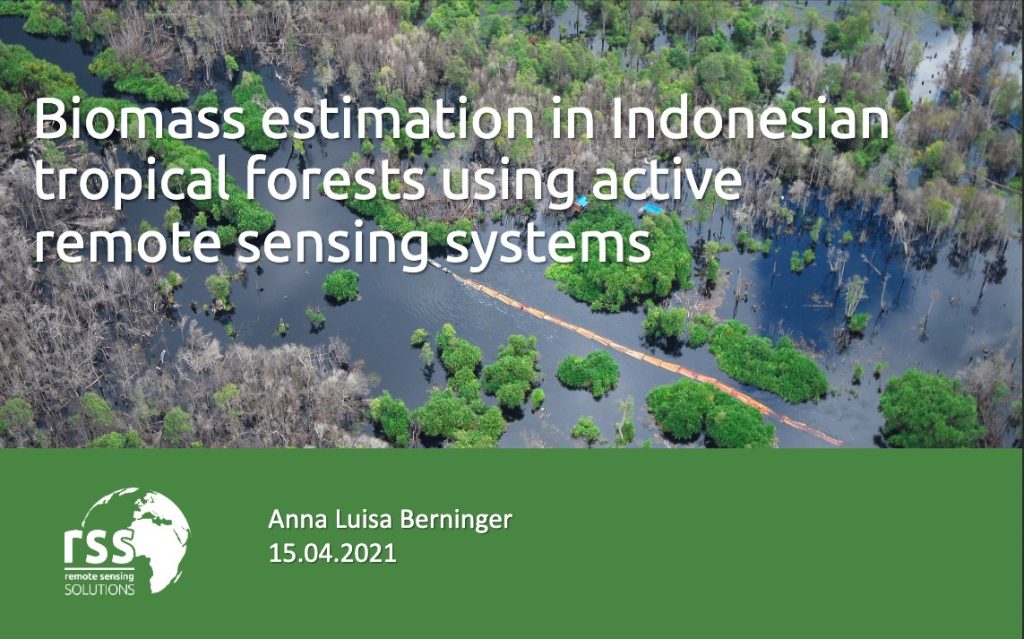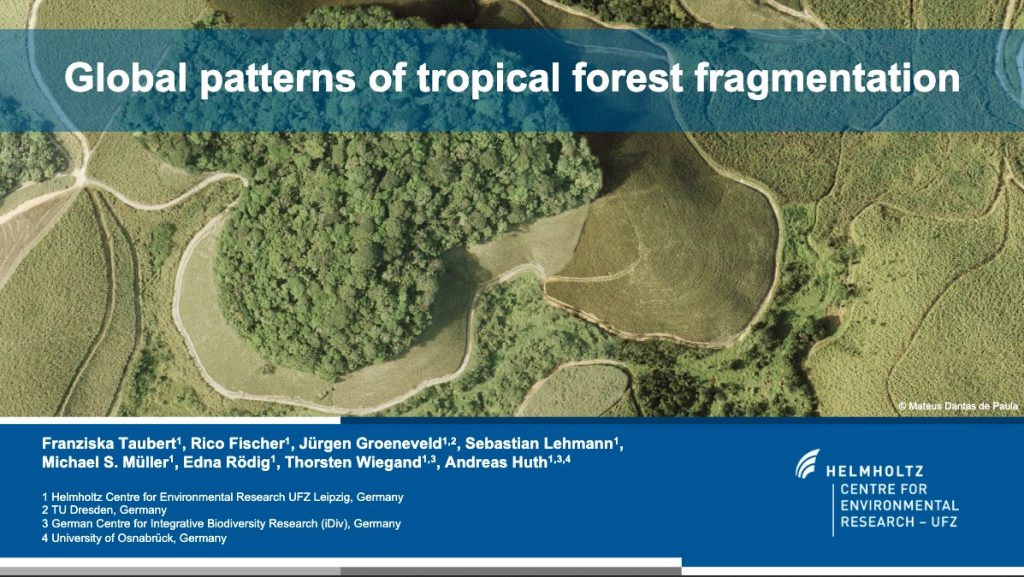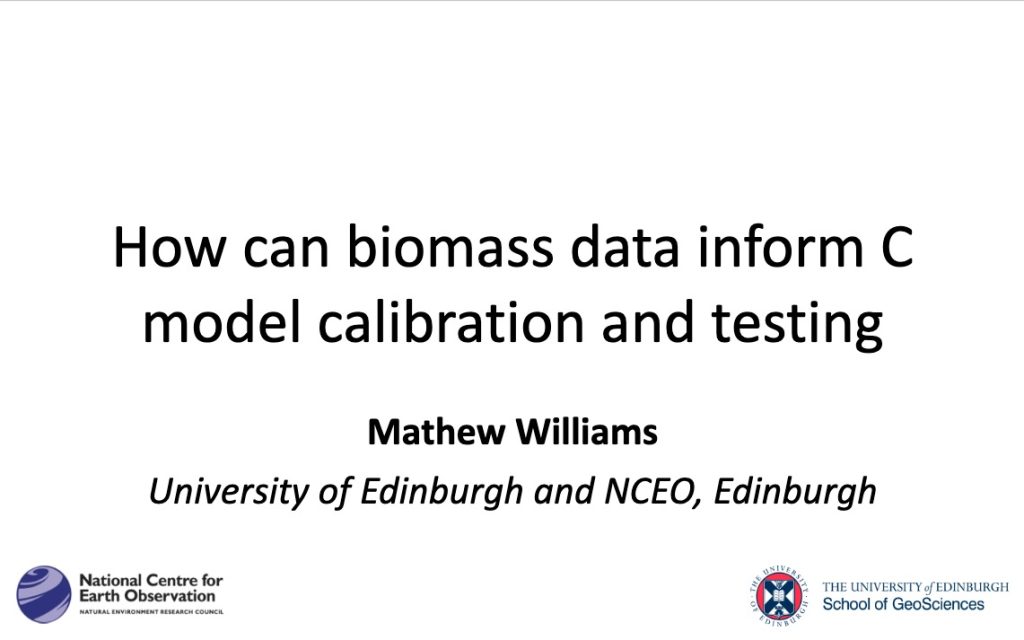Upcoming workshops
XVIII. EEBIOMASS Virtual Workshop
BIOMASS DISC – Data, Innovation and Science Cluster
3rd December, 2025 13:00-16:00 CET
Now that BIOMASS has launched and produces data, it is time for the BIOMASS DISC to start its work. This webinar will introduce you the BIOMASS DISC: What is the DISC? Who is involved? What does it actually do? And why is it important?
Agenda
| 13:00 – 13:05 | Welcome by EEBiomass Project office Nuno Carvalhais (Max-Planck Institute for Biogeochemistry) |
| 13:05 – 13:35 | Introduction to the BIOMASS Data Innovation and Science Cluster (DISC) Clement Albinet (Data Quality and Cal/Val Manager in the Mission Management and Ground Segment Department, ESA) |
| 13:35 – 14:05 | The role of the Expert Support Laboratories Eric Jeansou (BIOMASS DISC Service Manager, ACRI-ST) |
| 14:05 – 14:35 | BIOMASS from Principles to Application: Science Drivers and Lessons Learned Stefano Tebaldini (BIOMASS DISC Science Lead, Politecnico di Milano) |
| 14:35 – 15:05 | Open Source strategy and how the community can contribute Yoann Rey-Ricord (ARGANS, CRI-ST) |
| 15:05 – 16:00 | Joint Discussion & Wrap-up |
Registration: https://survey.academiccloud.de/index.php/662127?lang=en
Past workshops
Click on the title of the workshop for more details and presentation slides
XVII. Upcoming opportunities and challenges in Forest missions: March 27th, 2025
As the BIOMASS Satellite is ready for launch, we will have a SPECIAL Edition Workshop presenting the latest mission status and possible planned future activities (e.g. across mission initiatives, cal/val).
| 13:00 – 13:05 | Welcome by EEBiomass Project office Nuno Carvalhais (Max-Planck Institute for Biogeochemistry) |
| 13:05 – 13:35 | BIOMASS: ESA’s Forest Satellite set for Launch Klaus Scipal (Biomass Mission Manager, ESA) |
| 13:35 – 14:05 | Current status of the Global Ecosystem Dynamics Investigation (GEDI) and opportunities for SAR-lidar fusion Ralph O. Dubayah (NASA GEDI Principal Investigator) |
| 14:05 – 14:35 | NISAR for Ecosystems Paul Siqueira (Science Team Lead NISAR, University of Massachusetts) |
| 14:35 – 15:05 | Geo-Trees: the 4th mission Jerome Chave (Program Director Geo-Trees, CNRS) |
| 15:05 – 16:00 | Joint Discussion & Wrap-up |
XVI. Application of future BIOMASS products and data by industry users: February 26th, 2025
Time zone: CET
| 10:00 – 10:10 | Welcome by EEBiomass Project office Nuno Carvalhais (Max-Planck Institute for Biogeochemistry) |
| 10:10 – 10:20 | The Inversion Lab Thomas Kaminski |
| 10:20 – 10:30 | Planetek Italia s.r.l. Maurizio Laterza & Adriano Vulpio |
| 10:30 – 10:40 | ZEBRIS Geo-IT GmbH Gernot Rücker |
| 10:40 – 11:30 | Joint Discussion & Wrap-up |
XV. High-resolution images and machine learning for forest monitoring: December 9th, 2024
Time zone: CET
| 18:00 – 18:10 | Welcome by EEBiomass Project office Nuno Carvalhais (Max-Planck Institute for Biogeochemistry) |
| 18:10 – 18:35 | Mapping tropical forest degradation in high resolution with deep learning Ricardo Dalagnol (University of California) |
| 18:35 – 18:50 | [adjourned] Characterising remotely-sensed biomass change across the World’s forests. Nezha Acil (University of Leicester) |
| 18:50 – 19:30 | Joint Discussion & Wrap-up |
XIV. Links between Global Vegetation Traits and Forest Biomass: September 24th, 2024
Time zone: CET
XIII. High-resolution satellite imagery and machine learning for forest monitoring: March 28th, 2024
Time zone: CET
| 14:30 – 14:40 | Welcome by EEBiomass Project office Nuno Carvalhais (Max-Planck Institute for Biogeochemistry) |
| 14:30 – 14:40 | Tree-level carbon stocks at continental scale Martin Brandt (University of Copenhagen) |
| 15:05 – 15:30 | Tracking Amazon forest dynamics Eric Bastos Gorgens (Universidade Federal dos Vales do Jequitinhonha e Mucuri) Robson Borges de Lima (Universidade do Estado do Amapá) |
| 15:30 – 15:55 | Mapping tropical forest degradation in high resolution with deep learning (ADJOURNED) Ricardo Dalagnol (University of California, Los Angeles, UCLA) |
| 15:55 – 16:15 | Joint Discussion |
| 16:15 – 16:35 | Open In-Depth Discussion |
During the constructive discussions a few clarifications on the tree-based methods:
the comparisons with biomass products is available a supplementary part here; LIDAR is a main source for training models (Liu et al 2023; and Li et al 2023); canopy height data availability at 30m and at 3 m upon request; evaluation with ground observations ( Li et al 2023; Li et al preprint).
XII. Disturbances and ecosystem recovery: January 24th, 2024
| 12:30 – 12:40 | Welcome by EEBiomass Project office Nuno Carvalhais (Max-Planck Institute for Biogeochemistry) |
| 12:40 – 13:05 | Disturbance and resilience of Europe’s forests Rupert Seidl (Technische Universität München) |
| 13:05 – 13:30 | The carbon sink of recovering degraded and secondary forests across the tropics: Science, Satellites and Policy Viola Heinrich (GFZ German Research Centre for Geosciences) |
| 13:30 – 13:55 | Biogeochemical and biophysical effects of tropical forest disturbance Lei Zhu (Tsinghua University) |
| 13:55 – 14:20 | How degradation, wildfire, and climate change threaten the northern peatland carbon sink Sophie Wilkinson (Simon Fraser University) |
| 14:20 – 14:30 | Joint Discussion |
| 14:30 – 14:50 | Open In-Depth Discussion |
XI. Biomass and Climate Change: November 9th, 2023
Plants on Earth play a crucial role in mitigating climate change by sequestering carbon. However, their ability to do so is evolving in response to climate change and faces threats from human activities and natural disturbances. Thus, monitoring and understanding the link between carbon sequestration (biomass) by vegetation and climate change, particularly the resilience of terrestrial ecosystems, is essential to support climate policy development and the advancement of natural climate solutions.
| 15:00 – 15:10 | Welcome by EEBiomass Project office Nuno Carvalhais (Max Planck Institute for Biogeochemistry) |
| 15:10 – 15:35 | Tracking Changes in Global Vegetation Resilience Taylor Smith (University of Potsdam) |
| 15:35 – 16:00 | Emerging signals of a global drift in forest resilience under climate change Giovanni Forzieri (University of Florence) |
| 16:00 – 16:25 | Global Forest Watch: What’s New in Forest Carbon Monitoring Nancy Harris (World Resource Institute) |
| 16:25 – 16:50 | Evidence and attribution of the land carbon sink’s historic enhancement Sophie Ruehr (University of California Berkeley) |
| 16:50 – 17:15 | Joint Discussion |
| 17:15 – 17:30 | Open In-Depth Discussion |
X. Shining Light from Photosynthesis: Remote Sensing of Fluorescence: September 28th, 2023
| 13:00 – 13:05 | Welcome Nuno Carvalhais, Max-Planck Institute for Biogeochemistry |
| 13:05 – 13:25 | Flex Projektbüro: Introduction to ESA’s Fluorescence EXplorer (FLEX) Juliane Bendig, Forschungszentrum Jülich |
| 13:25 – 13:45 | The Science behind FLEX Uwe Rascher(FZ Jülich) |
| 13:45 – 14:05 | Conservation of excitation energy to understand the dynamics of sun-induced fluorescence David Martini (MPI for Biogeochemistry) |
| 14:05 – 14:25 | Proximal remote sensing of solar-induced chlorophyll fluorescence: opportunities, challenges, and the need for coordinated campaigns Zoe Pierrat (NASA) |
| 14:25 – 15:00 | Joint Discussion |
IX. The Future of Forest Demography: May 25th, 2023
| 13:00 – 13:05 | Welcome Nuno Carvalhais, Max-Planck Institute for Biogeochemistry |
| 13:05 – 13:25 | Variation in the structure of demographic DGVMs Rosie Fisher (CICERO) |
| 13:25 – 13:45 | Can we model forest demography globally? Benchmarking of state-of-the-art Demographic DGVMs Annemarie Eckes-Shephard (Lund University) |
| 13:45 – 14:05 | What can demographic models do for us? Coupling models and remote sensing Thomas Pugh (Lund University, University of Birmingham) |
| 14:05 – 14:25 | Using the RED DGVM equilibrium to infer demography from remote sensing Arthur Argles (Met Office Hadley Centre) |
| 14:25 – 14:45 | Introducing the hypothesis of demographic optimality in forests Peter Cox (University of Exeter) |
| 14:45 – 15:00 | Joint Discussion |
VIII. Uncertainty: March 23rd, 2023
| 13:00 – 13:10 | Welcome Nuno Carvalhais, Max-Planck Institute for Biogeochemistry |
| 13:10 – 13:40 | Uncertainties in global and national biomass estimations using space-based data Martin Herold, GFZ German Research Centre for Geosciences, Helmholtz Centre Potsdam |
| 13:40 – 14:10 | High resolution remote sensing of forests: dealing with uncertainties in data and methods Emily Lines, University of Cambridge |
| 14:10 – 14:30 | joint discussion, wrap up & Outlook |
VII. Calibration / Validation: November 24th, 2022
| 16:00 – 16:10 | Welcome Nuno Carvalhais, Max-Planck Institute for Biogeochemistry |
| 16:10 – 16:40 | Recommendations from the CEOS biomass validation protocol Laura Duncanson, University of Maryland |
| 16:40 – 17:10 | ‘Biomass harmonization’ activities Neha Hunka, University of Maryland |
| 17:10 – 17:30 | joint discussion, wrap up & Outlook |
VI. Linking Forest Structure and Function: October 27th, 2022
| 15:00 – 15:10 | Welcome Nuno Carvalhais, Max-Planck Institute for Biogeochemistry |
| 15:10 – 15:40 | Modelling large scale forest dynamics in neotropical lowland and montane forests Lina Mercado, University of Exeter |
| 15:40 – 16:10 | Interplay between ecosystem structure, functions, and emerging Carbon and water fluxes Mirco Migliavacca, European Commission Joint Research Centre |
| 16:10 – 16:30 | joint discussion, wrap up & Outlook |
V. Amazon Carbon Forest Dynamics: May 5th, 2022
| 16:00 – 16:10 | Welcome Nuno Carvalhais, Max-Planck Institute for Biogeochemistry |
| 16:10 – 16:30 | The changing carbon balance in Amazonia Paulo Artaxo – Instituto de Física da Universidade de Sao Paulo |
| 16:30 – 16:50 | Emissions from forest degradation in Amazonia Luiz Aragão – INPE – National Institute for Space research – Brazil |
| 16:50 – 17:10 | How weather events modify gas concentrations Luiz Machado, Max Planck Institute for Chemistry / Instituto de Física da Universidade de Sao Paulo |
| 17:10 – 17:30 | joint discussion, wrap up & Outlook |
IV. Tree Mortality: February 3rd, 2022
| 15:00 – 15:05 | Welcome Nuno Carvalhais, Max-Planck Institute for Biogeochemistry |
| 15:05 – 15:35 | The potential of Earth Observation to improve attribution of biomass changes to human vs. natural drivers Ana Bastos, Max-Planck Institute for Biogeochemistry |
| 15:35 – 16:05 | Increasing tree mortality from climate change? – Challenges in assessing and scaling mortality trend Henrik Hartmann, Max-Planck Institute for Biogeochemistry |
| 16:05 – 16:15 | Wrap up & Outlook |
III. BIOMASS Secondary Mission Products: November 25th, 2021
| 14:00 – 14:10 | Welcome & introduction to the project Nuno Carvalhais |
| 14:10 – 14:35 | Digital Elevation Model (DEM) for secondary mission products of BIOMASS mission Pau Prats, German Aerospace Center – Microwaves and Radar Institute |
| 14:35 – 15:00 | BIOMASS Secondary Mission objectives: Ice Applications Jørgen Dall, Technical University of Denmark |
| 15:00 – 15:25 | Ice Structures Georg Fischer, German Aerospace Center – Microwaves and Radar Institute |
| 15:25 – 15:55 | Joint Discussion |
| 15:55 – 16:00 | Wrap up & Outlook |
II. DLR Neue Perspektiven der Erdbeobachtung: June 15th, 2021
| 14:40 – 15:00 | Welcome & introduction (Nuno Carvalhais, Max Planck Institut für Biogeochemie) |
| 15:00 – 15:40 | Presentation of BIOMASS mission / products (Kostas Papathanassiou, DLR, Institut für Hochfrequenztechnik und Radarsysteme) |
| 15:40 – 15:55 | Operational Forest Degradation Monitoring in the Tropics – Introducing the Forest Canopy Disturbance Monitoring Tool (Andreas Johannes Langner, Joint Research Centre (JRC-Ispra)) |
| 15:55 – 16:10 | Geospatial forest patterns in northwestern and central amazon forests affected by wind disturbances (José David Urquiza Muńoz, Max Planck Institut für Biogeochemie) |
| 16:10 – 17:10 | Break and discussion on BIOMASS products to “Monitoring” & “Modelling” in Breakout Rooms |
| 17:10 – 17:25 | Joint Discussion |
| 17:25 – 17:30 | Outlook |
The workshop took place within the DLR symposium “Neue Perspektiven der Erdbeobachtung”.
I. BIOMASS data products & Ecology, Carbon Cycle and Earth System Science: April 15th, 2021
| 14:00 – 14:15 | Welcome and icebreaker Nuno Carvalhais |
| 14:15 – 14:40 | Presentation of BIOMASS mission / products Kostas Papathanassiou (DLR) |
| 14:40 – 14:55 | Biomass estimation in tropical forests in Indonesia using active remote sensing systems Anna Berninger |
| 14:55 – 15:10 | Global patterns of tropical forest fragmentation Franziska Taubert |
| 15:10 – 15:25 | How can biomass data inform C model calibration and testing Mathew Williams |
| 15:25 – 16:05 | Break and Discussion in Break Out Rooms |
| 16:05 – 17:00 | Discussion |
| 17:00 | Adjourn |

